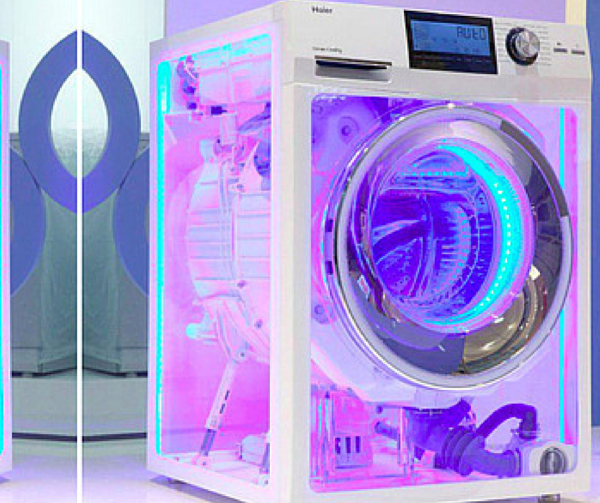
Have you ever wondered how astronauts wash their clothes? Till now the answer to this question was that they keep wearing dirty clothes, and use new clothes during the mission. But now this situation is going to change. China has developed a state -of -the -art washing machine that can clean the space without detergent and very little water clothing.
With this innovation, China has made another big jump towards space science. According to reports, this machine is not only capable of washing clothes, but can also remove ‘stubborn stains’ in highly limited resources, and that too without any soap or detergent.
The machine has been developed by a major aerospace institute in China, and it is specially made with long -term space missions such as Moon and Mars Missions in mind. At the moment, clothes sent to space do not come back to Earth. In such a situation, the need for such a technique was being felt, which could make it possible to wash clothes.
This new technology of China uses special ultrasonic waves and high-pension air flow, which can remove the dirt frozen to the depth of the cloth. Also, the amount of water in this process is very limited-which is extremely important for a resource-sensitive environment like space.
Experts believe that this discovery is a revolutionary step towards human space exploration. If this technique is successful, scientists and astronauts living in space in future will not have to carry huge amounts of clothes. This will save all three weight, fuel and cost.
NASA and European space agencies have also shown curiosity on this development and it is believed that similar techniques can be used internationally in the coming years.
India’s space scientists also believe that long -term space missions can be made practical and durable by such discoveries. As the human space starts spending more time, the role of such innovations will become even more important.
Teenage period pain may be serious in future, serious threat to health, new study revealed
-
Ahead of Apple’s iPhone 17 Air launch, this company unveils world’s slimmest smartphone with 5,160 mAh battery, 156 gram weight, priced at Rs 19999

-
Is it a bank holiday on September 5? Will banks be closed on Friday? Check details here

-
Samsung Galaxy reveals first look of S25 FE 5G mobile, look 5 key upgrades

-
Top 5 places in Hyderabad serving traditional Arabic desserts

-
The Voice of Hind Rajab receives record 23-minute ovation at Venice premiere
